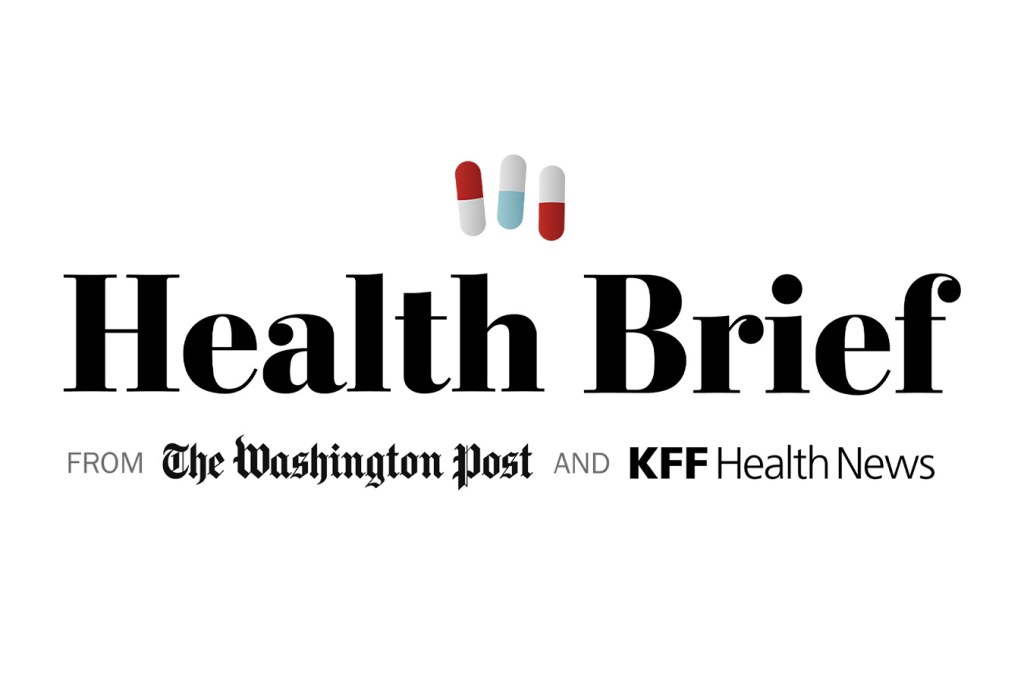Not so long ago, , the hospital in Sandpoint, Idaho, had four OB/GYNs on staff, who treated patients from multiple rural counties. Health Brief is a coproduction of The Washington Post and KFF Health News. That was before Idaho’s near-total abortion ban went into effect almost two years ago, criminalizing most abortions.
All four of Bonner’s OB/GYNs , some citing fears that the state’s ban exposed them to legal peril for doing their jobs. The exodus forced Bonner General to shutter its labor and delivery unit and sent patients scrambling to seek new providers more than 40 miles away in Coeur d’Alene or Post Falls, or across the state border to Spokane, Wash. One patient, , was referred to an OB-GYN in Coeur d’Alene, roughly an hour’s drive from Sandpoint, after an ultrasound showed a mass growing in her uterus.

Anderson made multiple trips to the out-of-town provider. Previously, she would have found that care close to home. The experience isn’t limited to this small Idaho town.
by and found that more than women of reproductive age in the United States live in a “double desert.” About women live in counties with no access to abortion and little to no maternity care. Texas, Mississippi and Kentucky have the highest numbers of women of reproductive age living in double deserts, according to the analysis.
, one of the OB/GYNs who chose to leave Sandpoint — despite having practiced there for a decade — did so because she felt she couldn’t provide the care her patients needed under a law as strict as Idaho’s. The growing provider shortages in rural states affect not only pregnant and postpartum women, but all women, said , an associate director for Women’s Health Policy at , a health information nonprofit that includes KFF Health News. “Pregnancy is obviously a very intense period of focus, but people need access to this care before, during and after, and outside of pregnancy,” Ranji said.
The problem is expected to worsen. In Idaho, the number of applicants to fill spots left by departing doctors has “absolutely plummeted,” said , CEO of the . “We are witnessing the dismantling of our health system,” she said.
,.

















